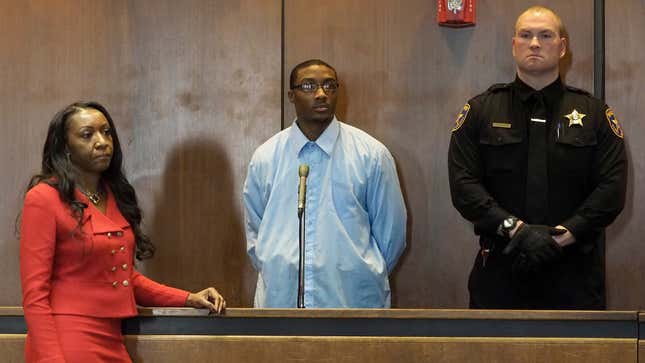Police Reportedly Ignored a Sex Worker's Attack, Allowing an Alleged Serial Killer to Murder a Fourth Victim
Latest

New Jersey police reportedly interviewed accused serial killer Khalil Wheeler-Weaver as the last person to see a murdered woman alive two months before dismissing another woman’s claim that he held her hostage and choked her. Wheeler-Weaver had already been questioned in connection with one September 2016 disappearance when police ignored another woman’s November 2016 report that he had attacked her, seemingly because they suspected the victim of being a sex worker. One week after the survivor reported her attack, prosecutors claim that Wheeler-Weaver kidnapped and killed yet another woman.
According to The Washington Post, Wheeler-Weaver chose his four alleged victims because they were young black sex workers who were experiencing homelessness, mental health issues, or both. Authorities say he chose his victims, specifically, because “no one would notice if they disappeared.” By the Post’s account, Wheeler-Weaver was right: police did not seem to care about missing sex workers, even after one of Wheeler-Weaver’s victims survived the attack and reported him.
-

-

-

-

-

-

-

-

-

-

-

-

-

-

-

-

-

-

-

-

-

-

-

-

-

-

-

-

-

-

-

-

-

-

-

-

-

-

-

-








































